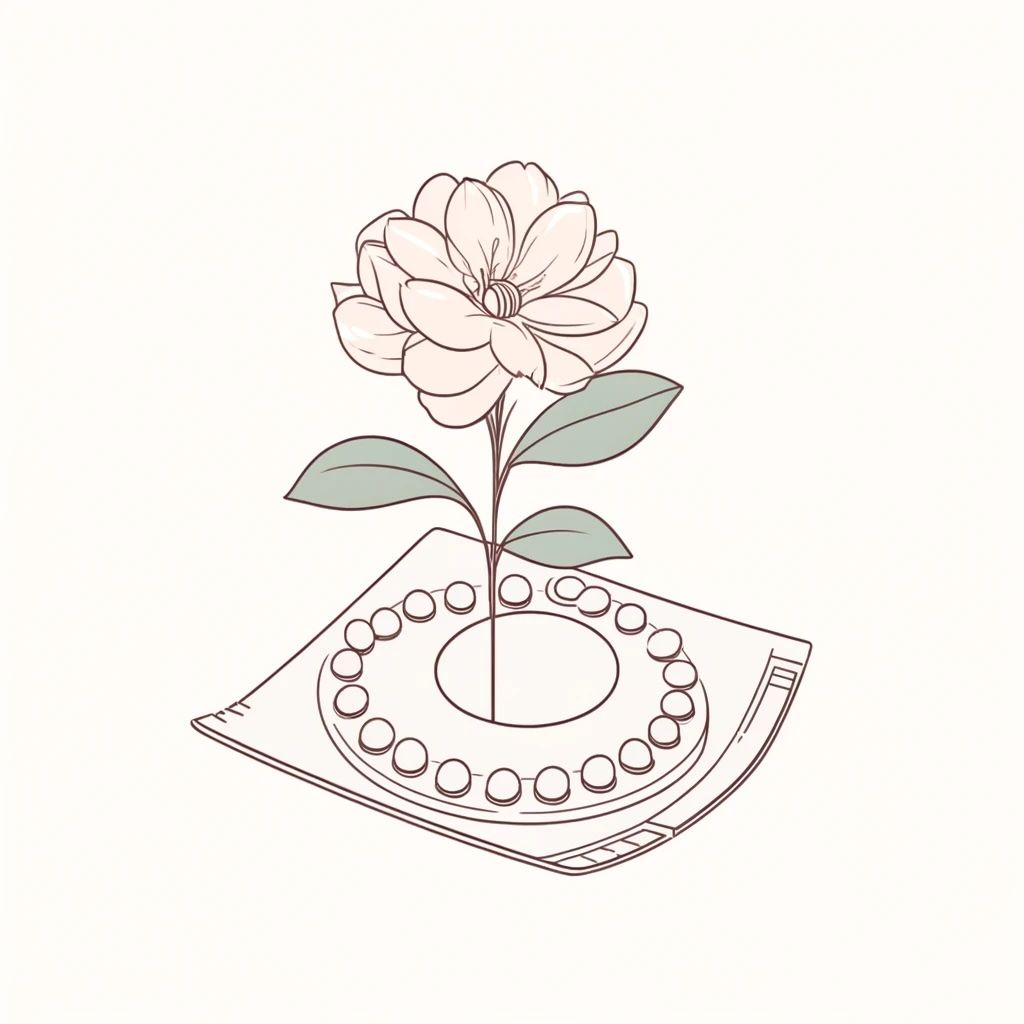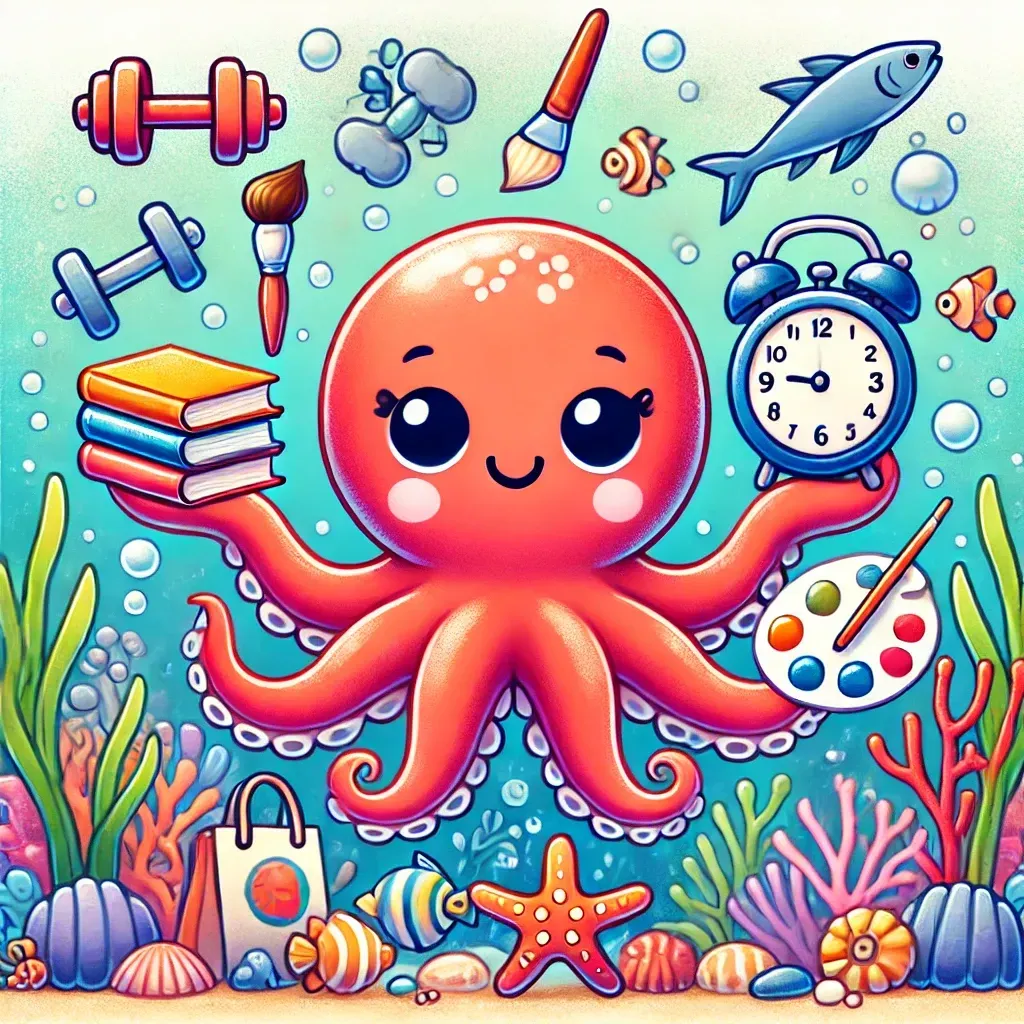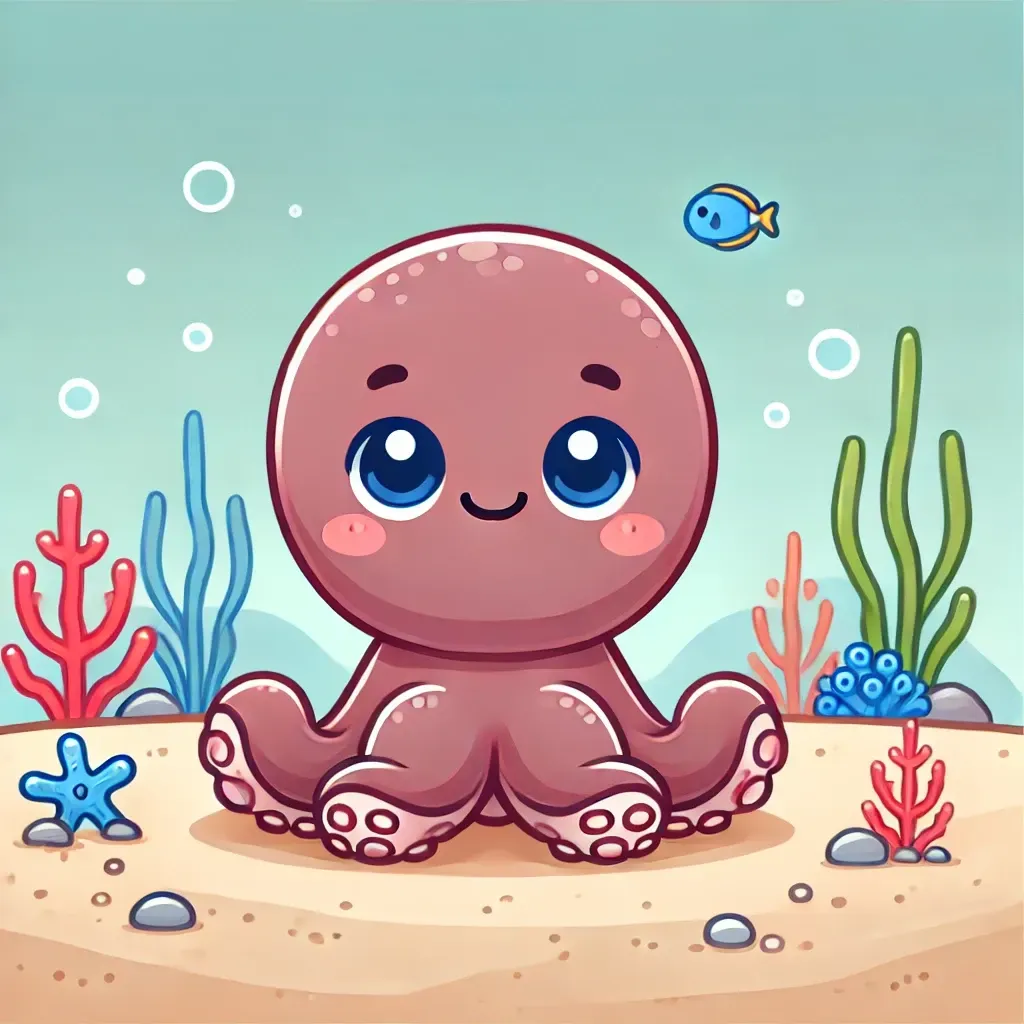The Benefits of Seeking Professional Help for Adult ADHD

Despite the prevalence of Adult ADHD, many people still struggle to understand the disorder. They may not recognize the need for professional help. However, seeking help from a qualified healthcare professional is essential for effectively managing ADHD.
Here are some reasons why seeking a psychologist for ADHD is vital for becoming more self-aware:
- Accurate diagnosis and treatment: ADHD is often misdiagnosed or misunderstood, and it is essential to receive a precise diagnosis from a qualified healthcare professional. A professional can evaluate symptoms, consider medical history and any coexisting conditions, and make an informed diagnosis. They can also provide guidance on the best treatment options, including medication, therapy, or a combination of both.
- Improved functioning and quality of life: With appropriate treatment, individuals with ADHD can experience significant improvements in their daily functioning and quality of life. They may be better able to focus, pay attention, and complete tasks, leading to improved performance at work and home and overall better interpersonal relationships.
- Coexisting conditions: ADHD often occurs with other conditions, such as anxiety, depression, or learning disorders. A professional can help identify and address these coexisting conditions, which can improve overall well-being.
- Support and guidance: Managing ADHD can be overwhelming, and seeking a professional can provide a much-needed outlet to express what you're experiencing and gain expert guidance. A healthcare professional can provide education about the disorder, coping strategies, and resources for support.
When searching for a psychologist, here are some types of practices to consider for ADHD support:
- Cognitive-behavioral therapy (CBT): This therapy helps individuals identify and change negative thought patterns and behaviors that may contribute to their symptoms.
- Dialectical behavior therapy (DBT): This therapy helps individuals better manage their emotions and behaviors by teaching specific skills in four areas: mindfulness, emotion regulation, distress tolerance, and interpersonal effectiveness.
- Psychodynamic therapy: This therapy focuses on exploring the unconscious thoughts and feelings that may be contributing to an individual's symptoms.
- Interpersonal therapy: This therapy focuses on helping individuals improve their relationships with others and better understand and manage their emotions.
- Supportive therapy: This therapy provides a supportive environment for individuals to discuss their challenges and develop coping strategies.
- Couples therapy: This therapy can help couples improve communication, resolve conflicts, and strengthen their relationship.
- Group therapy: This type of therapy involves meeting with a therapist and a group of people who have similar issues. It can be a helpful way to share experiences, support each other, and learn new coping strategies.
- Art therapy: This therapy involves using art as a way to express emotions and explore personal issues.
It is important to note that seeking professional help for ADHD is not a sign of weakness or failure. On the contrary, it shows strength and a commitment to learning about yourself and investing in your life. If you or someone you know is struggling with ADHD, don't hesitate to contact a qualified healthcare professional for help.




